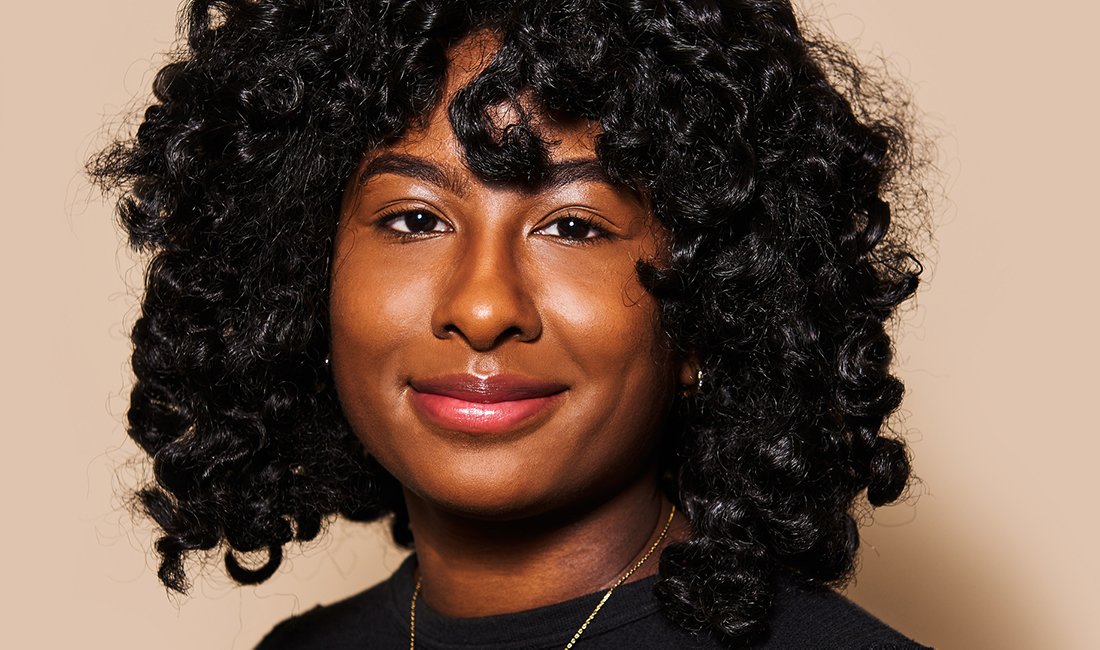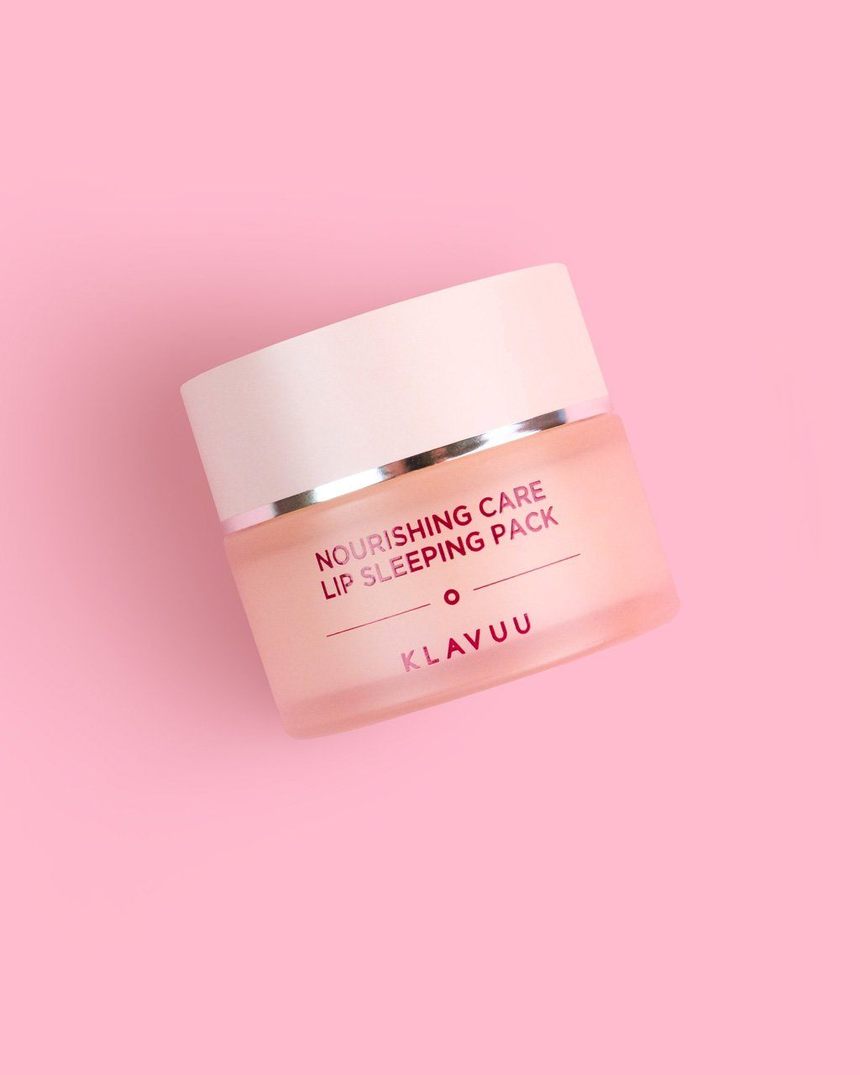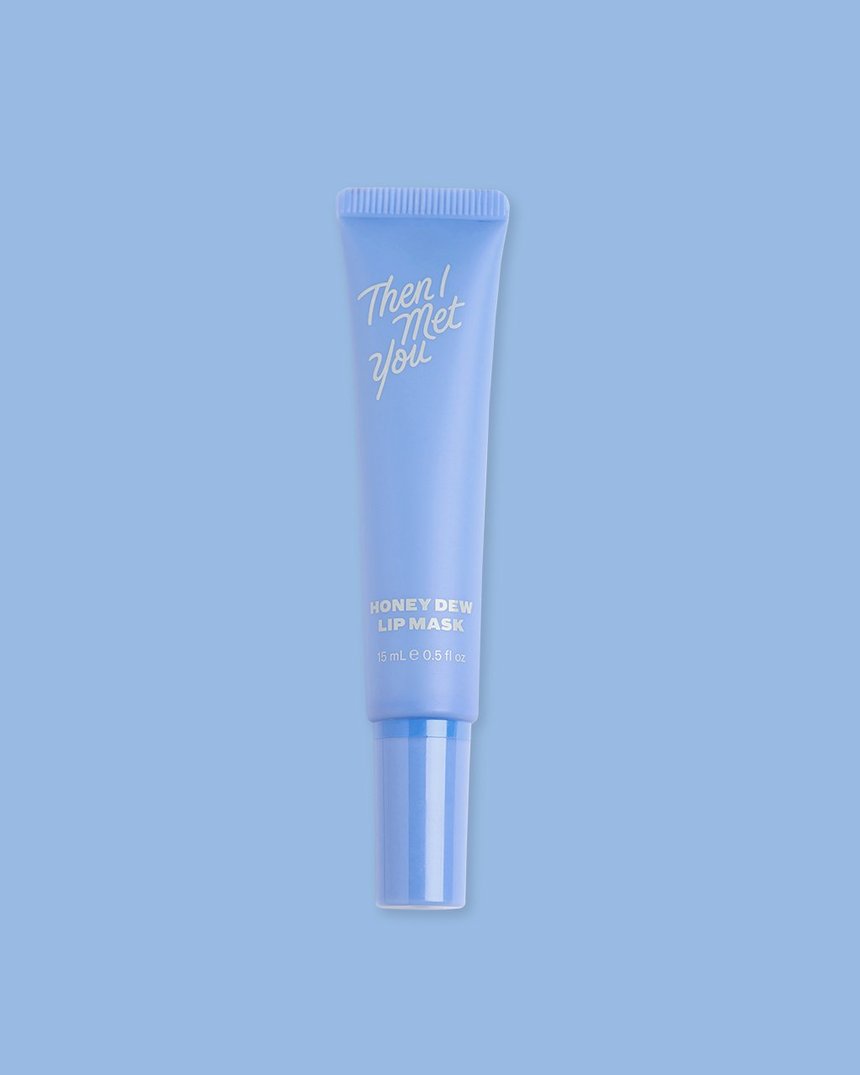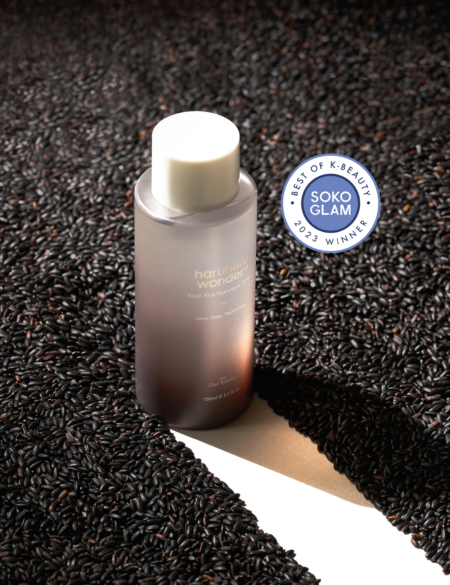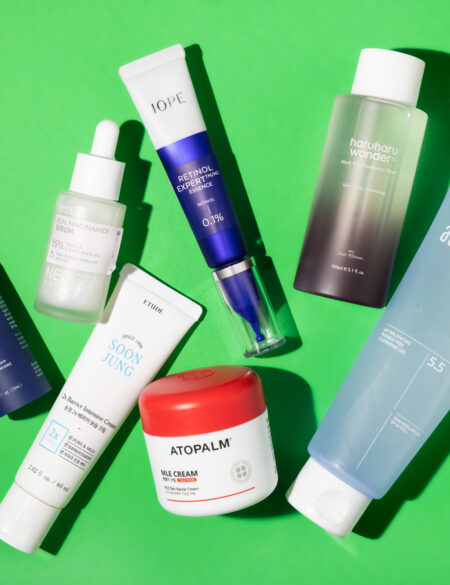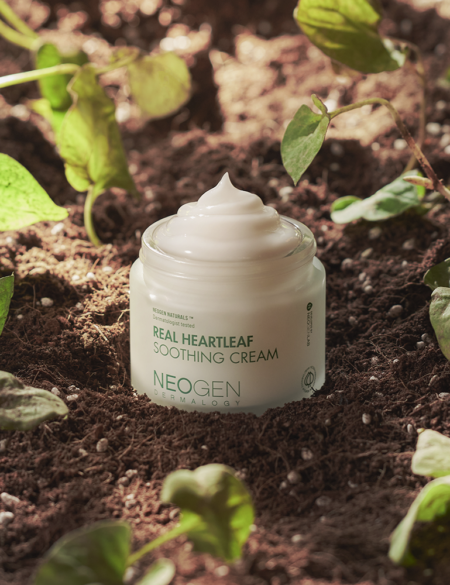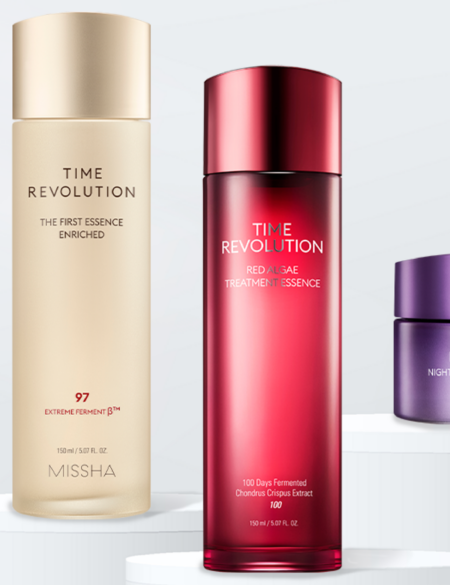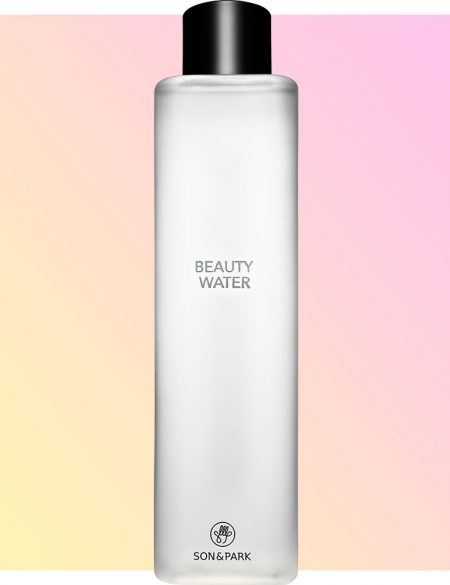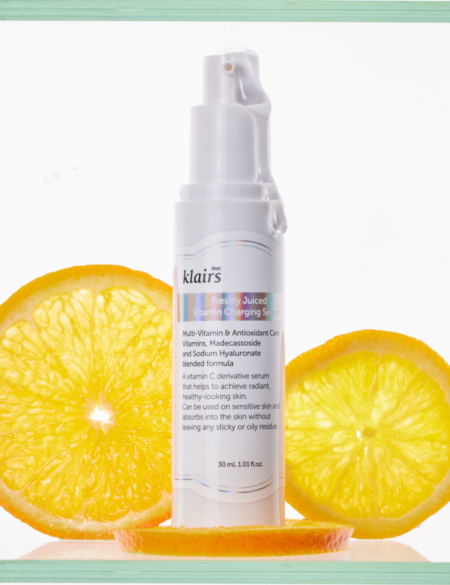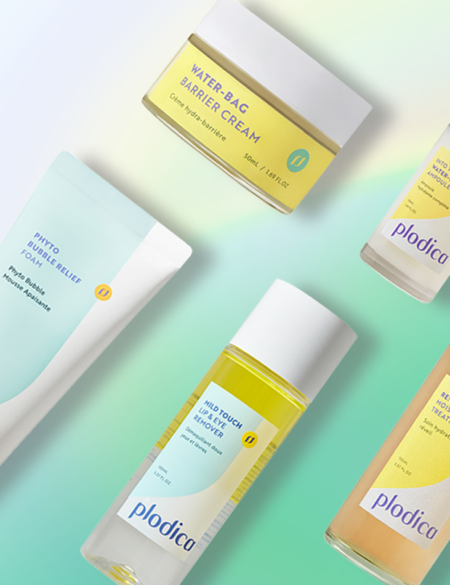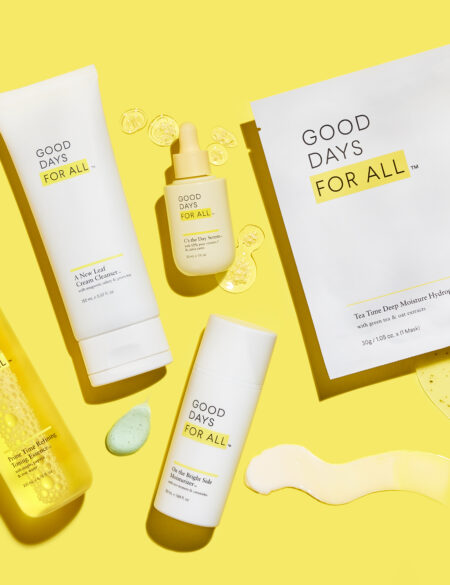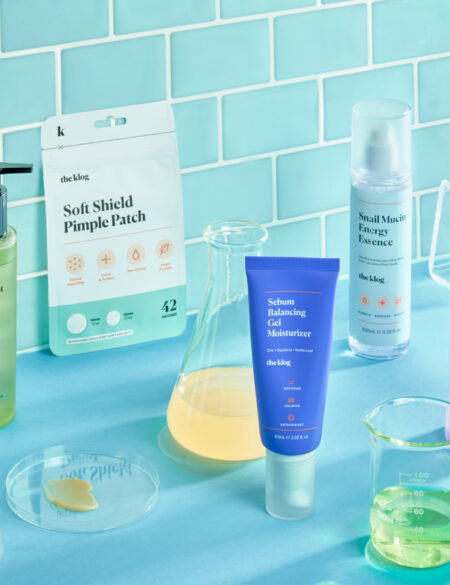Cold sores are small bumps that can appear on the lips or the surrounding skin. Here, we break down the common symptoms of cold sores, their causes, and how to treat and prevent them.
If you have small, mysterious blisters on or around your lips, you may be dealing with a virus called “herpes labialis” which you probably know better as cold sores. We asked three dermatologists to share their tips on how to tackle and prevent them.
Cold sores are medically referred to as herpes labialis, or “herpes of the lips.” Yes, that’s right. If you weren’t already aware, cold sores are actually caused by the HSV-1 virus (HSV-2 is the sexually transmitted version). According to San Francisco-based board-certified dermatologist Dr. Caren Campbell, “They typically present as tiny, fluid-filled, group blisters on the skin.”
In addition to their blister-like appearance, there are a few other symptoms associated with cold sores.
“If it’s a primary outbreak the symptoms are generally more severe: burning and tingling followed by painful sores, fever, body aches, headache, [and] swollen lymph nodes,” explains Dr. Hadley King, a board-certified dermatologist based in New York. She adds that if it’s a flare-up, you’ll likely experience the burning, tingling, and itching before the cold sore reappears.
How Cold Sores Spread
Dr. Susan Bard, a board-certified dermatologist also based in New York, notes that cold sores are often contracted through skin to skin contact, such as kissing and oral sex, or by sharing other things that touch your mouth, like food, straws, utensils, lip balms, and lipsticks.
“[The virus] spreads from contact with saliva or other body fluids during periods of viral shedding,” adds Dr. Campbell. “Shedding can occur without an active outbreak but is more likely during an outbreak.”
Unfortunately, those with weaker immune systems are more susceptible to getting cold sores than others.
How to Treat Cold Sores
Without treatment, most outbreaks crust over then heal within two weeks. The good news is that cold sores can be treated faster with oral antiviral medication.
“The sooner the medication is started, the more effective it will be in lessening an outbreak or even aborting a full outbreak,” says Dr. King. Dr. Bard adds, “If taken at the first sign of a tingle — prior to [the] emergence of the blister — a cold sore outbreak can usually be avoided entirely.
Since cold sore sores are caused by a virus, there’s no long-term cure and it technically stays present in the body even if you’re not presenting with the typical blisters. While the antiviral medication can reduce healing time and even potentially prevent an outbreak, once contracted the virus lives in the body forever.
How to Prevent Cold Sores
The most obvious preventative measure is to avoid direct contact with anyone experiencing an active cold sore outbreak. However, those without visible symptoms may also be contagious. Beyond that, the best thing you can do is simply practice good hygiene.
If you already have the virus, “the best strategy for avoiding recurrent outbreaks is to maintain a healthy immune system through good nutrition and a healthy lifestyle, and to avoid things that can compromise your immune system, such as stress, lack of sleep, and sun exposure,” advises Dr. King.
In other words, work to maintain your health and keep your lips hydrated and protected at all times. We recommend keeping something like the Klavuu Nourishing Care Lip Sleeping Pack or Then I Met You’s Honey Dew Lip Mask.


